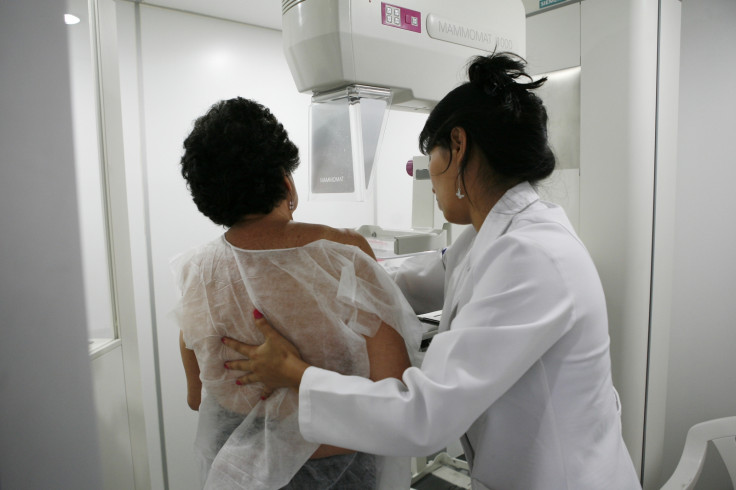Cancer screening could be harmful and has never been shown to 'save lives'

Experts have warned that cancer screening has never been shown to save lives, claiming there are "uncertainty and assumptions of benefit rather than scientific evidence of benefit." Writing in the British Medical Journal (BMJ), Vinay Prasad, assistant professor at the Oregon Health and Science University and colleagues also warned of the potential harm posed by cancer screening, including psychological and medical suffering due to overdiagnosis and overtreatment.
There is also a risk of "false positive results", which leads to the overdiagnosis of non-harmful cancers. "Yet because of screening, a person may undergo surgery, radiation, chemotherapy and more to treat it – all those treatments have side effects," Dr Prasad said.
According to the study, prostate biopsies are also associated with serious harms, including hospital admission and death. "Moreover, men diagnosed with prostate cancer are more likely to have a heart attack or commit suicide in the year after diagnosis or to die of complications of treatment for cancers that may never have caused symptoms," the study says.
The realisation of the harms caused by screening has "led to reversal or abandonment of a number of screening campaigns, including chest radiography screening for lung cancer, urine testing for neuroblastoma [a rare cancer that mostly affects young children] and PSA for prostate cancer". The study urges healthcare providers to be frank when it comes to the limitations of screening, saying "the harms of screening are certain, but the benefits in overall mortality are not. Declining screening may be a reasonable and prudent choice for many people." It continues: "We call for higher standards of evidence, not to satisfy an esoteric standard, but to enable rational, shared decision making between doctors and patients."
Despite the assertions of the study, other medical experts have pointed to the "clear and robust" benefits of cancer screening. Dr Anne Mackie, director of screening at Public Health England, said: "NHS cancer screening and follow-up treatment does prevent or can at least delay some people dying from cancer.
"There is clear and robust evidence of the benefits of bowel cancer screening and falls in deaths from cervical cancer. The independent Marmot review into breast screening concluded that screening reduces breast cancer mortality by 20%," she added.
Acknowledging the limitations of screening, Breast Cancer Care chief executive, Saima al Qadhi said the procedure is still an "effective" tool of spotting the disease. "Screening does have limitations as well as benefits. It's estimated for every life saved, three women will have unnecessary, often difficult treatment," she told the Mirror.
"However, although attending screening does not lower your risk of getting breast cancer, it remains an effective way of detecting breast cancer at an early stage. This may help to increase the likelihood of successful treatment."
© Copyright IBTimes 2025. All rights reserved.






















